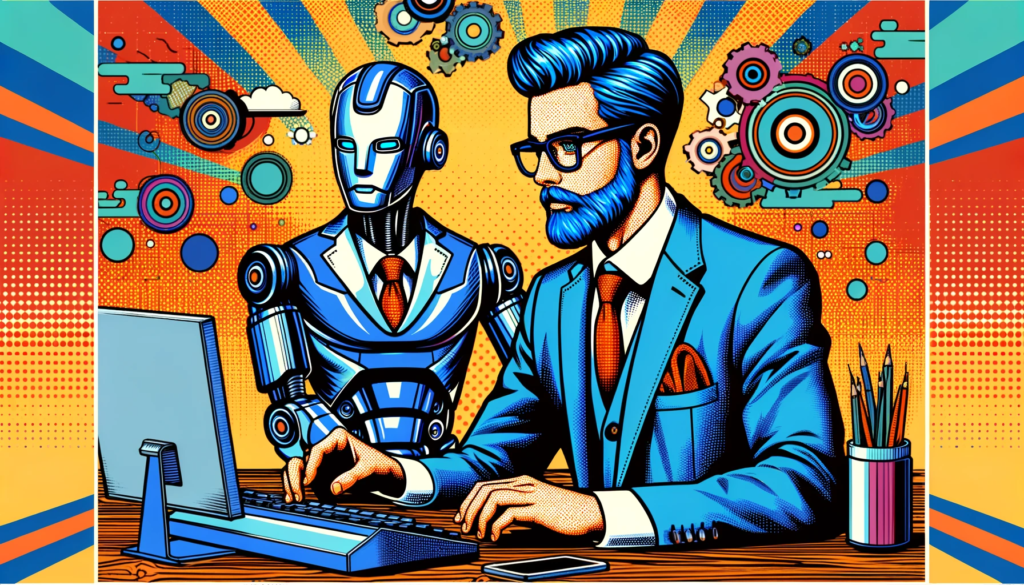Blockchain technology, a cornerstone of the Web3 landscape, is grappling with a key challenge: scalability. However, a glimmer of hope emerges with Artificial Intelligence (AI), which stands poised to mitigate this issue. As remarkable as it may seem, this conjunction of AI and Blockchain could pave the way for a more sustainable and scalable digital infrastructure.
This article will explore how AI, specifically through its sub-disciplines such as Machine Learning (ML), can influence and potentially alleviate the scalability conundrum of Blockchain technology.
Blockchain Scalability: An Unresolved Issue
Understanding the interplay between AI and blockchain scalability requires a firm comprehension of the challenges plaguing blockchain scalability.
- Blockchain, a form of Distributed Ledger Technology (DLT), is best known as the underlying technology behind cryptocurrencies like Bitcoin and Ethereum. The key promise of blockchain is its potential to enable trustless, transparent and secure transactions.
- Scalability refers to a system’s capacity to handle an increasing amount of work, or its potential to be enlarged to accommodate that growth. In the context of blockchain, scalability pertains to the speed and volume of transactions that a blockchain can process.
However, as blockchain networks grow and transaction volumes increase, the question of scalability becomes a significant stumbling block.
AI as a Solution for Blockchain Scalability
Artificial Intelligence, with its transformative sub-disciplines such as Machine Learning and Deep Learning, brings forth innovative solutions to address blockchain scalability.
AI and Its Potential Impact on Scalability
The incorporation of AI within the blockchain ecosystem can generate a host of potential benefits and solutions:
- Efficient Resource Allocation: AI can predict transaction patterns and adjust resources accordingly to optimise network throughput.
- Improved Consensus Mechanisms: AI algorithms could potentially design more efficient consensus mechanisms, reducing the need for computationally intensive processes like Proof of Work (PoW).
- Data Pruning and Compression: AI techniques could be utilised to minimise the amount of stored data on a blockchain without losing critical information, thereby enhancing scalability.
So, how does AI, particularly Machine Learning, bring these benefits to life?
Machine Learning: Enabling Scalability in Blockchain
Machine Learning (ML), a subset of AI, involves computer algorithms that improve automatically through experience and by using data. In terms of blockchain scalability, ML algorithms can be trained to predict transaction patterns, adapt network resources, and design more efficient consensus mechanisms.
For instance, ML can predict periods of high transaction volumes and pre-emptively adjust network resources to accommodate this demand, thus enhancing the scalability of the blockchain. Furthermore, ML algorithms can design more efficient consensus mechanisms, reducing the computational and energy demand, and thereby making the blockchain more scalable.
The Future of AI and Blockchain Scalability
The convergence of AI and blockchain scalability is still in its infancy, but it presents a potential solution to one of the most pressing issues in the blockchain space. It’s a promising prospect — an environment where transactional speed and volume no longer hinder blockchain’s potential.
Will AI truly be the key to unlocking blockchain’s scalability? The indicators are promising, and as technological advances continue to evolve at a rapid pace, it becomes increasingly apparent — the future of blockchain scalability lies in the hands of AI.

